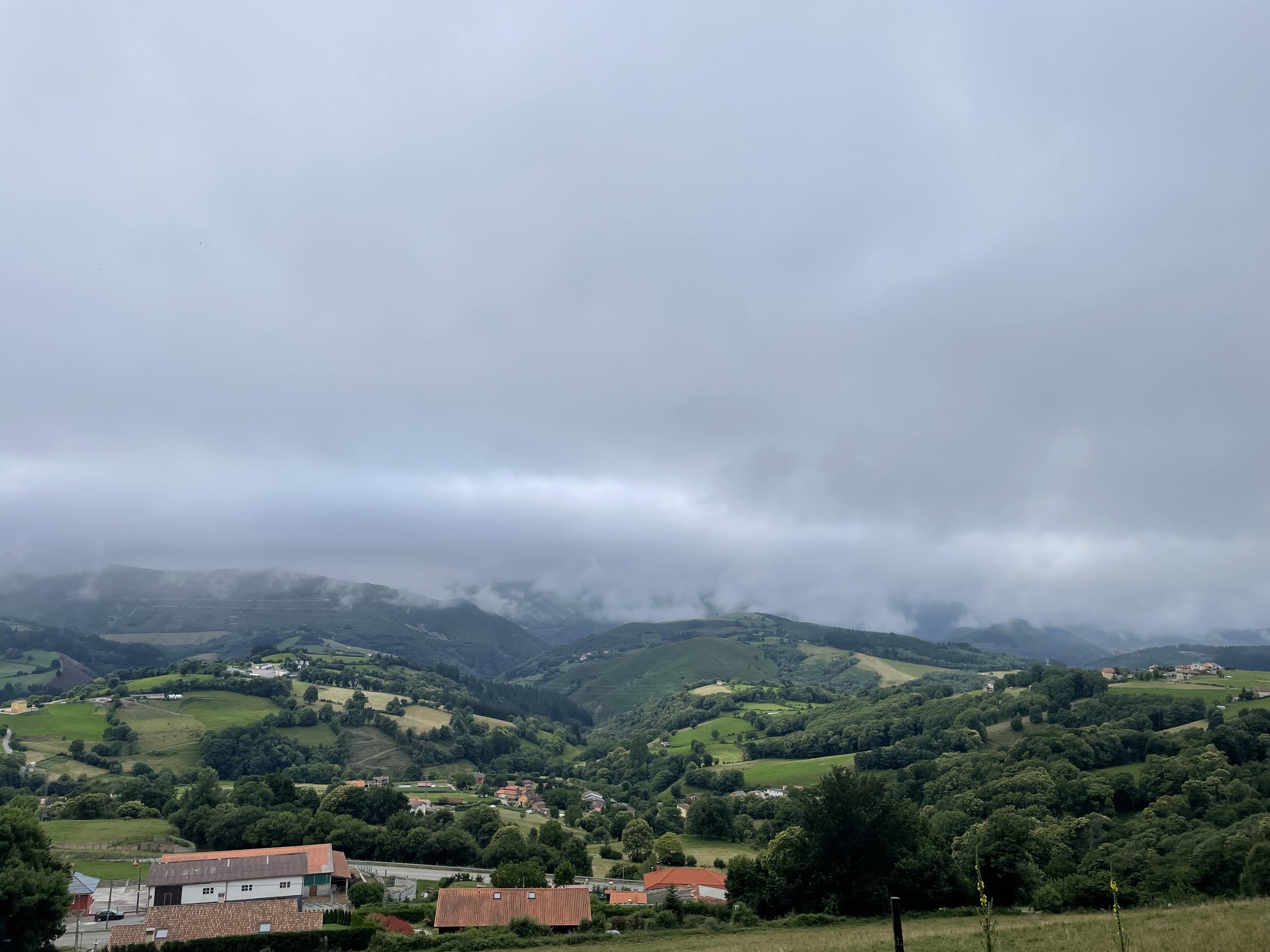
What does it take for a trait to be a virtue? What does it take for a trait to be a vice?
In “On the Nature of Virtue and Vice,” I develop an account of what-it-is-to-be a virtue and a partial account of vice, and argue that these accounts are the best way of explaining virtue and vice’s peculiar salience in deliberation.
This paper was presented at SLACRR in 2023, and parts of the account were presented at Central APA 2023. The paper is currently R&R at AJP (and, as such, its title has been changed here). See the most recent draft here.
The Nature of Virtue
G.E.M. Anscombe claimed that someone who acts intentionally knows they are so acting. Most philosophers disagree with Anscombe.
In “Intentional Action as Knowledge”, Marshall Bierson and I explain and defend an under-appreciated argument for Anscombe’s Knowledge Thesis and reply to recent criticisms. The paper is under review (and, as such, its title has been changed here). See the most recent draft here.
Action and Knowledge
Does an honest assertion have to be a true assertion? Can you act courageously by risking your life to save what you think is a person, but is actually a mannequin?
In “Virtue, Knowledge, and Honesty,” Marshall Bierson and I argue that the virtues (like honesty, courage, and justice) are rightive—they require that you do what the situation actually demands, not what you think it demands. As such, virtue is analogous to knowledge (which always has to be true, rather than merely thought true). The paper is under review (and, as such, its title has been changed here). See the most recent draft here.
In “Aristotle on Virtue and Knowledge,” I argue that Aristotle agrees with us, and that this way of understanding his view of virtue explains how his view is a development of the early Platonic thesis that virtue is knowledge, rather than a repudiation of it. I recently presented this paper at a Symposium at the 2025 Eastern APA. The paper is currently R&R at ACPQ (and, as such, its title has been changed here). See the most recent draft here.
Virtue and Knowledge
How should we go about answering questions in philosophy? Two of my papers apply the experimental methods of cognitive science to disagreements in philosophy.
In “Linguistic Corpora and Ordinary Language,” I and several coauthors use an innovative form of corpus analytics to evaluate claims made by Ordinary Language philosophers about the terms ‘voluntary,’ ‘involuntary,’ and associated terms. You can find the published version here.
In “Has the side-effect effect been cancelled? (No, not yet.),” I and coauthors evaluate whether the most-discussed result in experimental philosophy (the Side-effect effect) is an artifact of experimental design. You can find the published version here.